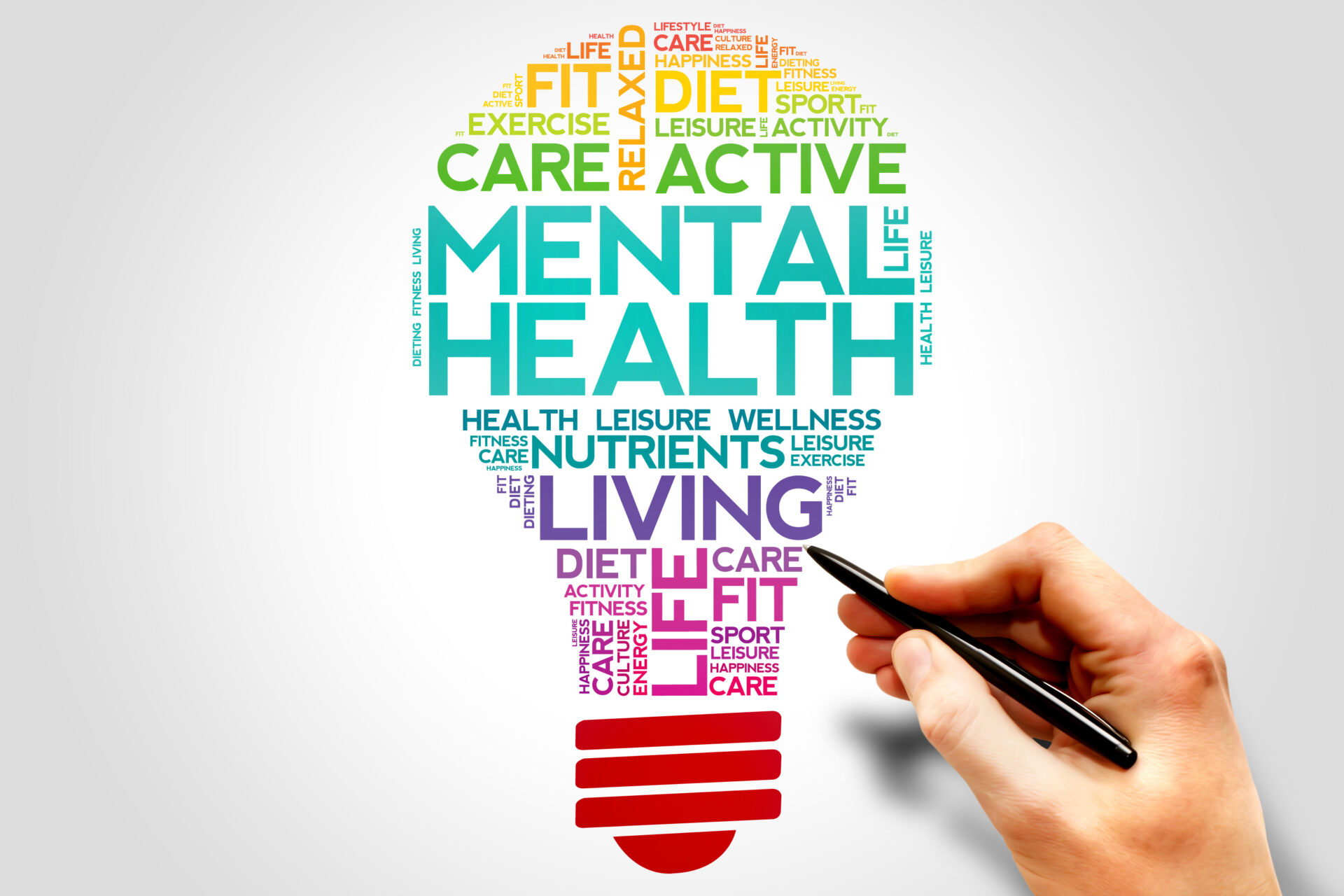Training for Mental Wellbeing
Everyone knows that exercise is good for them, but many still view it as something that needs to, should be or ought to be done, rather than as an enjoyable endeavour through which to improve the quality of our lives.
‘Wellbeing’ is a buzzword at the moment, meaning ‘a positive physical, social and mental state,’ according to the government. (Department of Health, 2010)
The broader definition can include such factors as:
- how people feel
- how they function
- the control and freedom they have over their lives
- optimism, self-esteem, confidence
- resilience, ability to cope
- purpose, sense of meaning
Exercise can positively contribute to an improved level of all of the above indicators. The department of health recommends 150 minutes of moderate activity or 75 minutes of higher intensity activity per week as a guideline. This can include daily activities as well as more focussed training sessions. If you are new to training then it is best to start slowly, creating realistic goals, gradually building the length and frequency of sessions over time.
So how does physical training improve mental wellbeing?
Exercise isn’t just for the body. It affects actual changes in the brain, including the development of neural pathways and new patterns that provide stress relief and feelings of calm. Endorphins are released during training which are powerful feel-good chemicals. Even on difficult days in the past when I haven’t felt like moving, experience told me that my perspective would be transformed, purely on a chemical level, within 20 minutes or so of good exercise.
The distraction that exercise provides is another great benefit. Whatever frustrations or issues are brought to the studio can quickly be put aside as the participant falls naturally into the training zone, focussing on breath, movement, and the mindful engagement of muscles.
A popular pre-conception about exercise is that it causes tiredness, and one of the main reasons people have for not going to that class or training session is ‘I’m too tired,’ or ‘I’m knackered,’ or ‘I had a stressful day and just want to relax.’ Funnily enough, although initially the limbs may feel worn out, and bodies can feel stiff or sore for a few minutes on waking, fitness training creates much higher energy levels than the sedentary lifestyle. The more you train your body, the more your body and mind will be ready for exertion at any time!
By engaging muscles and putting them under tension, for short bursts, tension will then be released and relaxation will flow throughout the rest of the day.
For those with anxiety (myself included) exercise is a positive and healthy way to take a break from the constant cycle of worry.
Exercise is a healthy way to cope with everyday life, which builds mental strength, resilience and self-esteem. It will improve quality of sleep and increase energy levels, and with achievable goals a sense of purpose and control will develop. As muscles strain and breathing gets heavier, endorphins are released, challenges are overcome, and stress melts away.
A great many pre-conceptions exist surrounding exercise and why people do it.
In my own experience I recognise countless benefits, both mental and physical, that I gain from training.
But most of all, quite simply, it makes me feel better!

